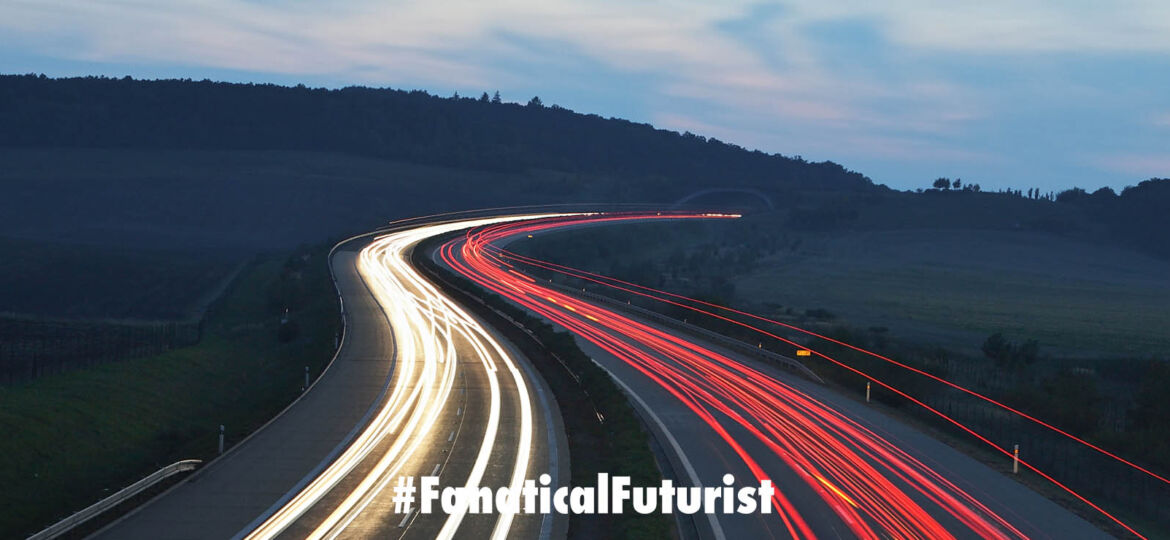
WHY THIS MATTERS IN BRIEF
Electric vehicles won’t always have batteries – and this is where we begin.
 Love the Exponential Future? Join our XPotential Community, future proof yourself with courses from XPotential University, read about exponential tech and trends, connect, watch a keynote, or browse my blog.
Love the Exponential Future? Join our XPotential Community, future proof yourself with courses from XPotential University, read about exponential tech and trends, connect, watch a keynote, or browse my blog.
Even the most extended range electric cars can be a real pain to charge. The amount of time it takes to replenish battery power is still far greater than the time it takes to refill a fuel tank – although several new EVs are getting closer and there are now both batteryless cars and commercial solar powered cars, as well as batteries that can charge in seconds are already being developed and sold.
Now though the state of Michigan, which was the first state to allow driverless vehicles on its roads in the USA back in the day, will become the latest state to try and remedy the issue after Governor Gretchen Whitmer opened the Motor Bella auto show in Pontiac, MI, yesterday, announcing that the state would begin testing wireless charging roadways. The state joins Indiana and several international organisations, including governments, with similar plans as well some other startups who, in some cases, have opted to use magnetised roads to charge EV’s and even gotten cars to wirelessly charge one another.
Whitmer said that a one mile stretch of road would be chosen for the Inductive Vehicle Charging Pilot, but it’s not clear where it will be yet. Earlier this year, the Indiana Department of Transportation also announced that it would begin testing wireless charging highway pavement.
The tests will take place in phases, beginning with testing and validation of different types of roadways. Phase three is when actual testing starts, though the location and timeframe are not yet defined.
The Michigan plan would move the state ahead of Indiana by going directly to the road test phase. Other tests are underway, or will soon be underway, in Israel and Norway. But one big question is implementation.
It’s not possible to plug in a car while driving, so both the car and the road surface would have to be capable of wireless charging, and while there are some cars and vans capable of this already there obviously aren’t very many of them. Given time though, and with the right amount of investment in wireless charging infrastructure and systems, needless to say wirelessly charged electric vehicles could one day become the norm – like our wirelessly charged smart devices. And, as more vehicles adopt the technology and become more efficient, a charging highway could be a massive step forward for charging times and range anxiety issues.
















